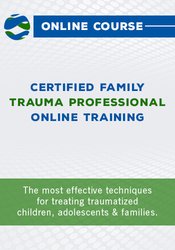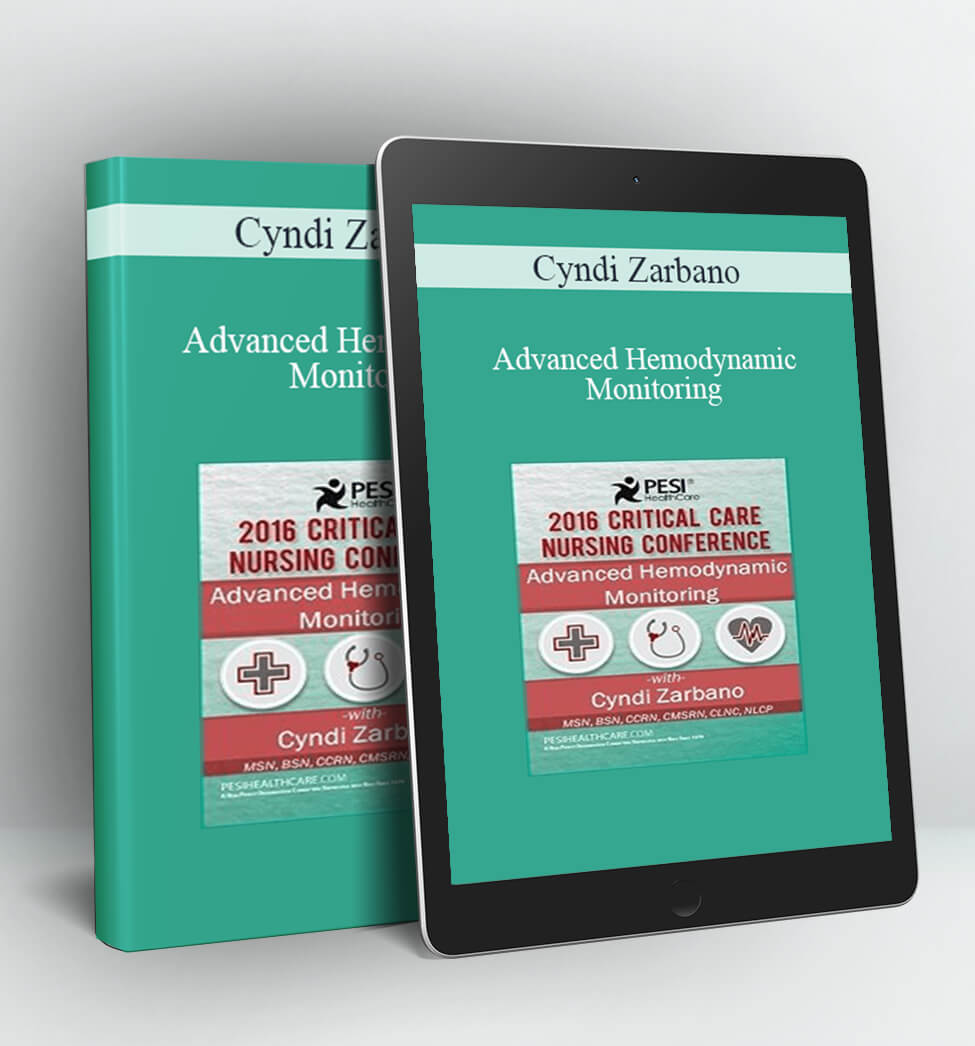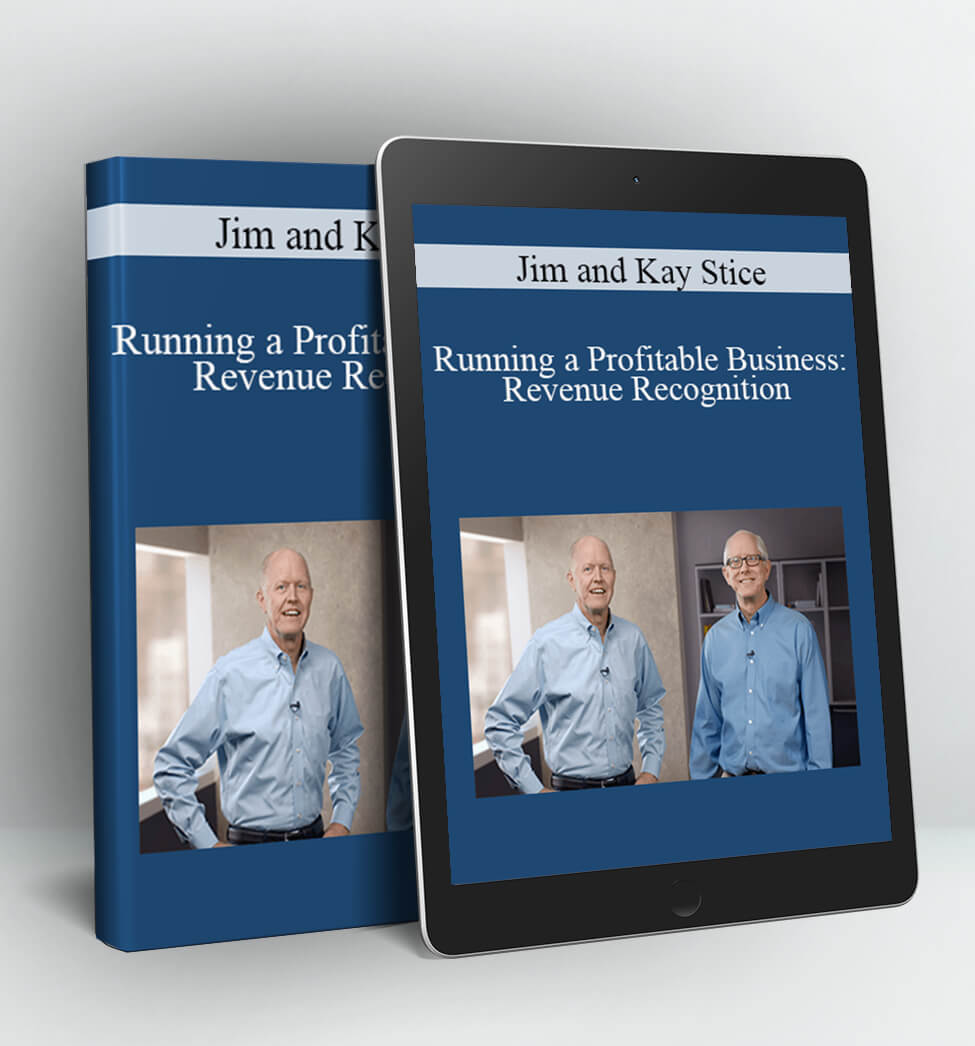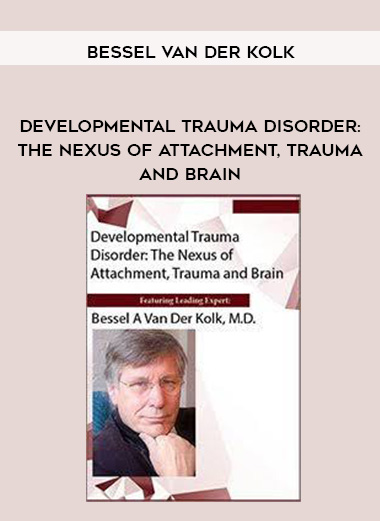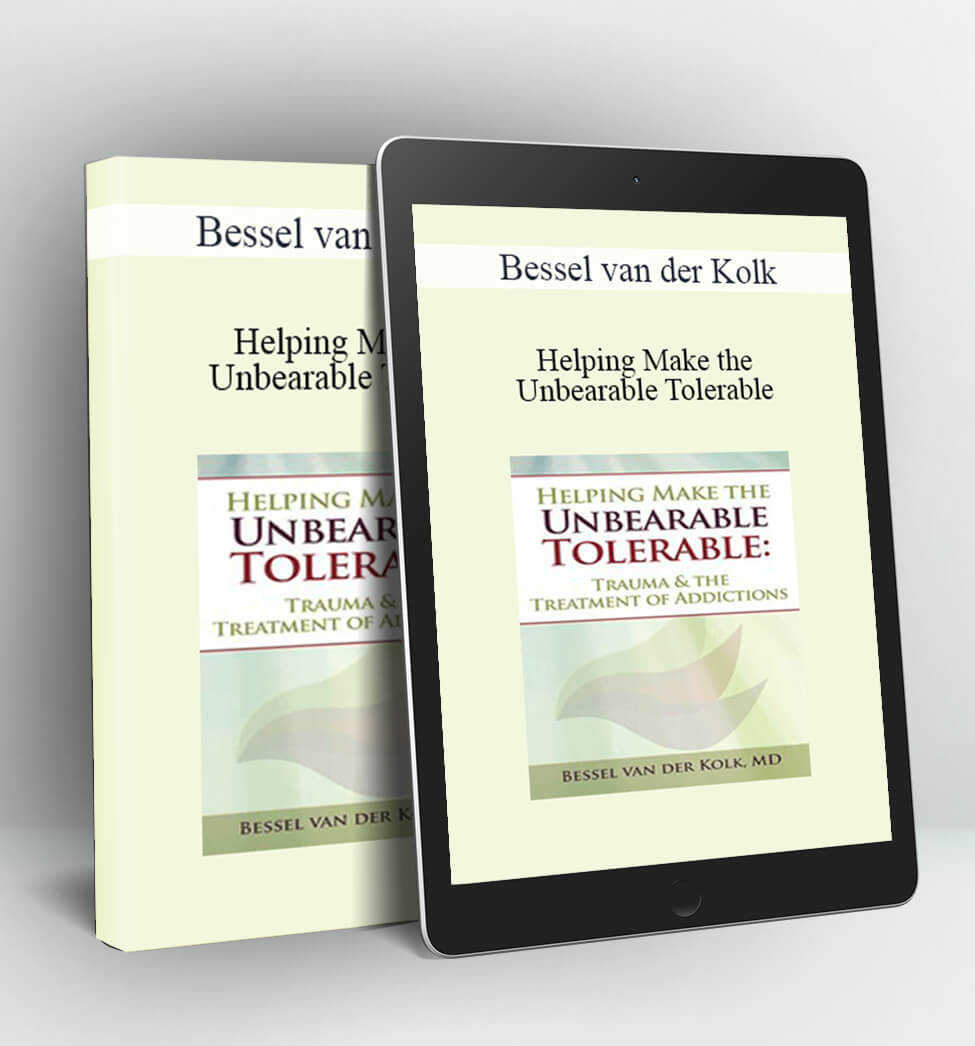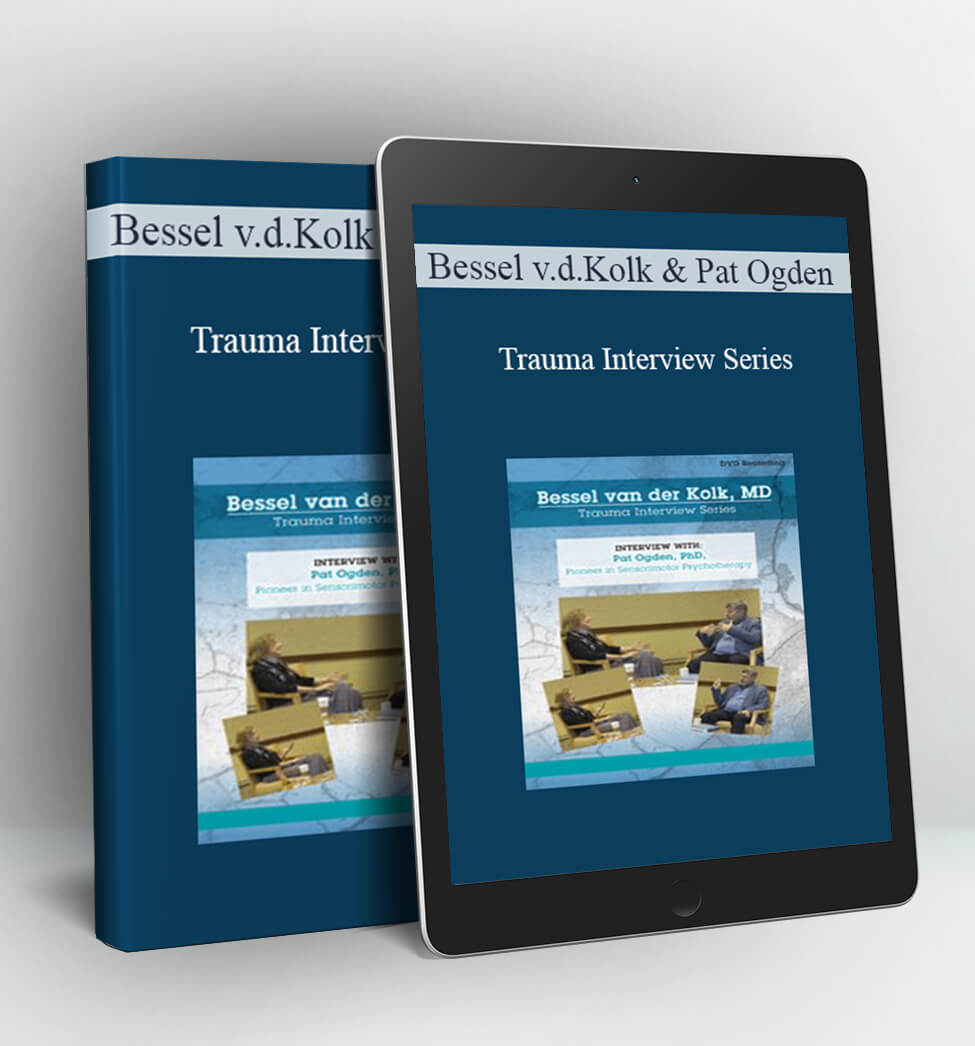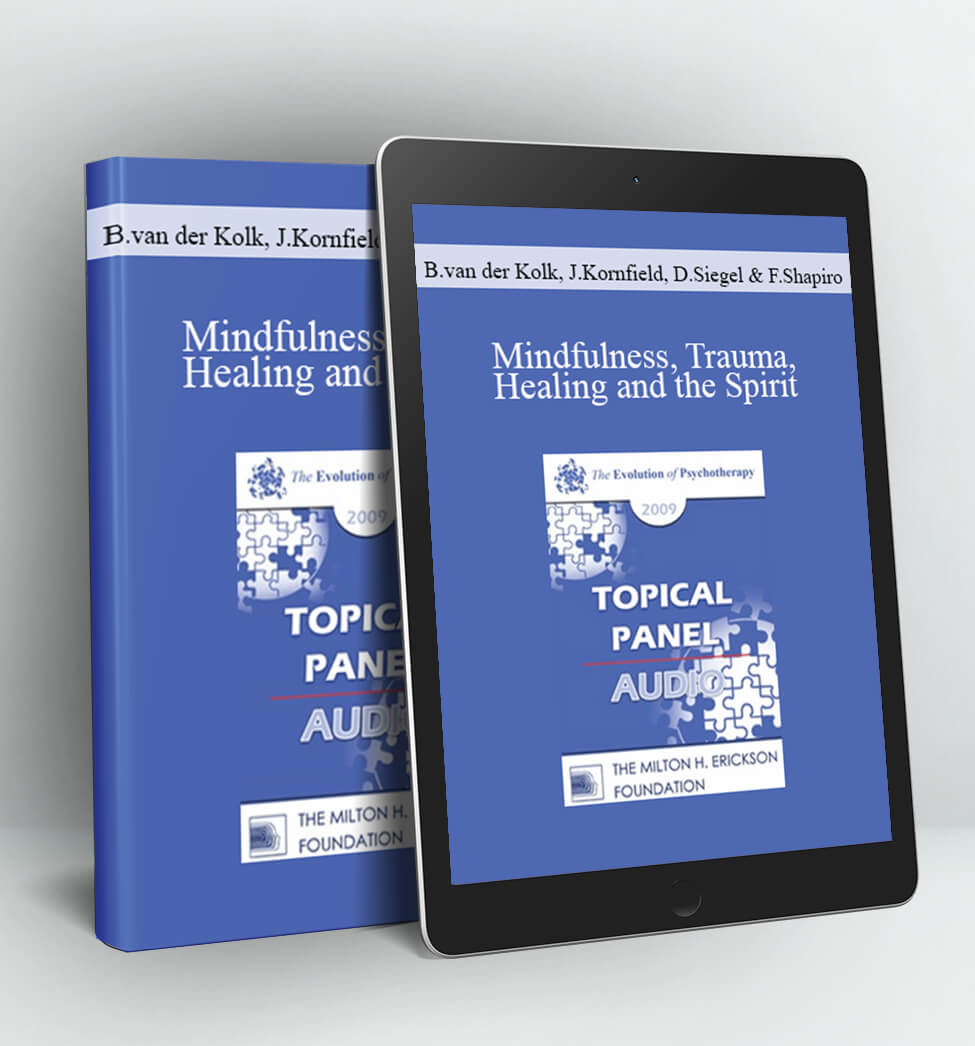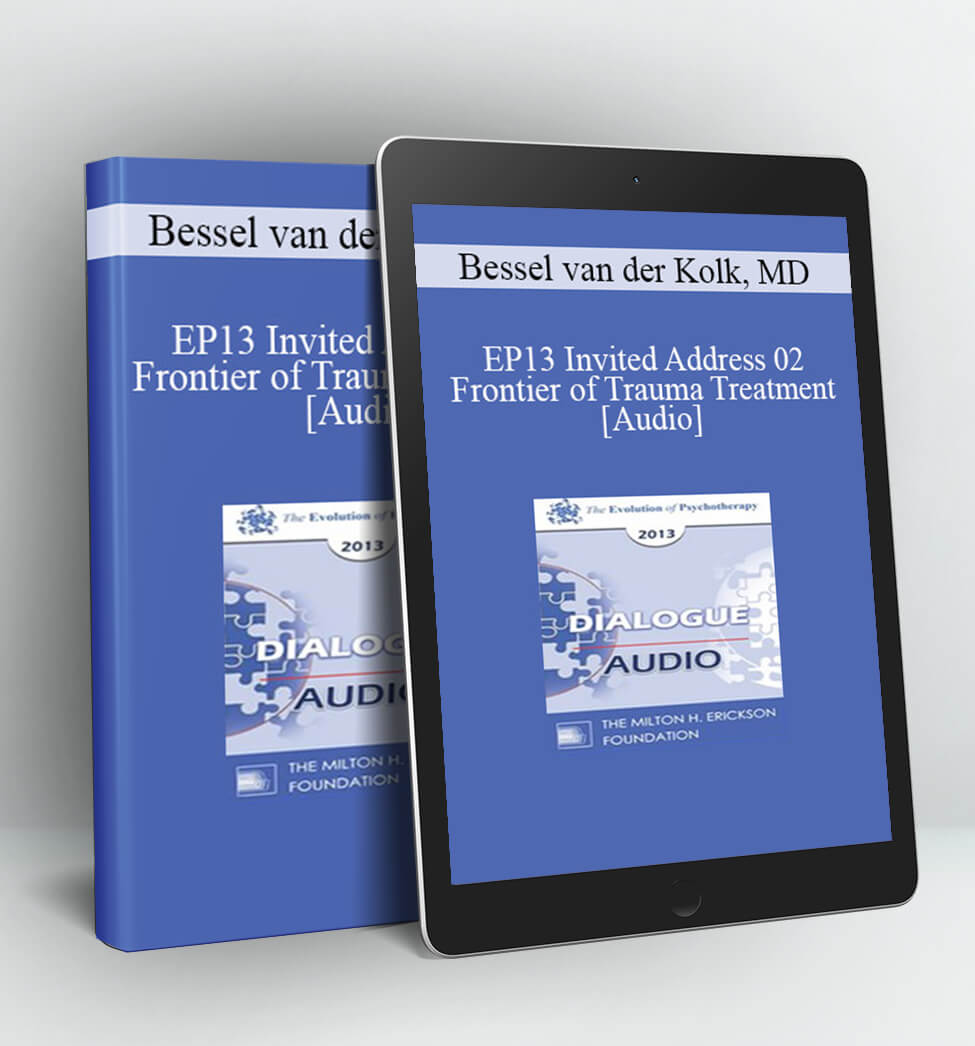CERTIFIED FAMILY TRAUMA PROFESSIONAL (CFTP) ONLINE TRAINING – BESSEL VAN DER KOLK , JANINA FISHER & ROBERT RHOTON
Early in my career, I received a referral for a client who set a school on fire. He was 10 and had been on probation since the age of 7.
He had worked one-on-one with many talented and bright therapists, yet none had successfully improved his behavior.
Many doubted this child could overcome his behaviors, but I saw hope. In 2006, I attended his college graduation, and in 2009, I watched him graduate from law school. They were some of the proudest moments in my career.
But how did I succeed where so many others failed?
The answer is simple: I boldly stepped away from traditional mental health strategies of working one-on-one with a child struggling with the toxic stress of trauma, and instead, I treated his entire family as one unit in every session.
And I’ve seen the same positive outcomes with hundreds of clients over my 17-year career as a Certified Family Trauma Professional. Now you can learn my tools and strategies to help dramatically improve your client outcomes with my intensive Certified Family Trauma Professional (CFTP) Online Training.
GET CERTIFIED FAMILY TRAUMA PROFESSIONAL (CFTP) ONLINE TRAINING OF AUTHOR BESSEL VAN DER KOLK , JANINA FISHER & ROBERT RHOTON
Through 12 hours of video, you’ll learn to apply this cutting edge, research-based approach and explore:
The 10 Core Elements of Certified Family Trauma Professionals
Trauma: The Creator of Adaptive and Maladaptive Behavior Traumagenesis
• Neurobiology/physiology and the creation of adaptive responses
• Adaptive responses and reason, planning or intentionality
• Environmental activators of the threat response system
How Trauma is Created and Maintained in Families
• Adaptive and maladaptive behaviors
• Patterns become family culture
• Family culture becomes a transfer agent between generations
The Impact of Trauma on Family Culture
• Patterns and genetics
• How beliefs and personally relevant truths are established
• Family homeostasis based on trauma and the resultant behaviors
Assessing Family Trauma
• Traumagenic assessment process
• The 7 domains of assessment for families
• Family Strengths and Needs and Trauma Assessment
Stabilizing Families for Treatment
• Reactive adaptation to help families feel safe in therapy
• Normalize the reactions that operate in the family
• Build hope through compassion and respect
• Engage families in the process of treatment
Treatment from a Family-Based Perspective
• Benefits of treating families over children for trauma
• Neurobiological sound approach to treatment
Essentials for Family-Based Trauma Treatment
• Manage self and keep out of the threat response system
• Calm parties by educating them on the treatment process
• Focus on function over behaviors
• Deal with shame, guilt and judgment
Treatment Structure for Families
• Active ingredients applied to family treatment
• Relationship building: Safety and predictability in treatment
• Psychoeducation
• Self-regulation skill building
• Growth and resilience in families
Models of Treatment for Families
• Figley’s family trauma treatment
• ARC – Attachment, Regulation and Competency
• CPP – Child and Parent Psychotherapy
• Brier and Langtree’s Self-Trauma treatment structure
• Relationship enhancement play therapies
Resolution of Trauma within Families
• Put families on the pathway to growth and resilience
• Activities to help family prepare for intervention
• Examine family culture for activators
• Create a shared language around common elements

